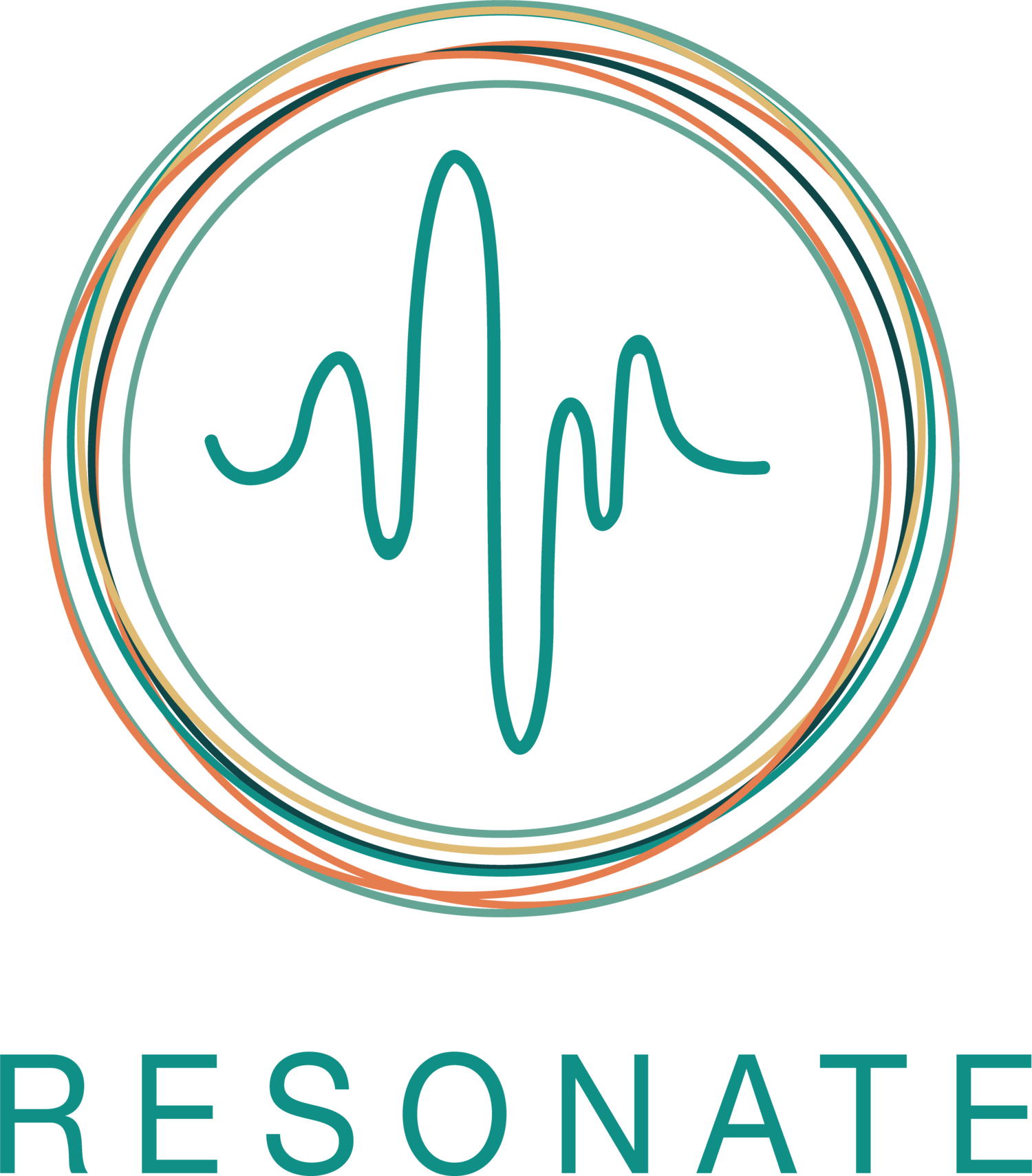Trauma, Toxic Stress and Music Therapy
We all experience stress - for most of us, it’s a part of our daily lives. We may have learned how to cope with it, and it is not always a bad thing! Stress can alert us to potential danger, help us focus on what’s important, and be a strong motivator. But stress at high levels can become very detrimental to health and wellbeing, particularly in childhood.
Trauma and Toxic Stress
Toxic stress is the body’s physiological response to serious or lasting stress. As suggested by the name, this can have toxic effects on the body and cause lifelong health problems, both mental and physical. When we experience stress, a part of the brain called the amygdala activates a chain of events to release a chemical called cortisol. Cortisol, among other things, is meant to alert our body to potential danger. But when no physical threat is imminent, or worse, if we cannot escape the threat, cortisol stays in the body and can have negative effects on our nervous system, body, and mind.
Trauma, according to the CDC, results from exposure to an incident or series of events that are emotionally disturbing or life-threatening with lasting adverse effects on the individual’s functioning and mental, physical, social, emotional, and/or spiritual well-being. Trauma can be thought of as a more extreme version of toxic stress.
Due to the chemical release in the body in response to stress, traumatic or highly stressful experiences can cause the nervous system to become dysregulated. This can cause feelings of “shutdown” and/or “fight or flight”, as well as difficulty coping with future challenges and both mental and physical health problems across the lifespan if the stress is not dealt with in a healthy way.
Toxic stress and trauma are pervasive
The CDC has studied and identified ten common Adverse Childhood Experiences that can cause toxic stress, trauma, and lifelong health problems. These are referred to as “ACE”s.
Take a look - Have you experienced any of these ACEs?
In studies, about 6 out of 10 people reported that they had experienced at least one ACE before age 18. About 1 in 6 people reported having experienced four or more. ACEs have been shown to be linked to chronic health problems such as heart disease and obesity, substance use, and mental illness. Unfortunately, the more ACEs a person has experienced, the higher their risk.
This list of adverse experiences is not exhaustive. In fact, toxic stress and even trauma can occur any time an individual experiences something they don’t have the skills or support system to cope with. For a child, getting lost at a store or losing a pet may be a significant enough stressor to cause toxic stress and trauma if the child does not have the support or coping skills to deal with the event in a healthy way. It really depends on the person, what they personally find stressful, and their capability to cope with the situation.
Fortunately, there has also been significant research on ways to reduce the risks that come with toxic stress. Evidence shows that the presence of at least one safe, caring adult in a child’s life can increase resilience and mitigate risk factors.
“Social engagement and connection are important for building resilience at all ages”
How can music therapy help?
"Music listening and active music making have been shown to reduce levels of cortisol, decrease self-reported levels of stress, increase dopamine levels, and foster a sense of connection with others" Heiderscheit & Murphy, 2021
Grounding
Music has a uniquely predictable structure. If you know a little bit about music, you may know that in western culture music tends to be structured around just a few repeated chords. Popular music tends to use a verse/chorus structure, and classical music is often organized in themes. The predictable nature of music can be very grounding and regulating to the nervous system, especially in someone who is dealing with toxic stress.
Self-expression
Sometimes it can be difficult to verbalize highly stressful or traumatic experiences. Improvising on instruments in music therapy can be a healthy way to express complex emotions without having to speak about them. Therapist guided songwriting can also be a great way to express, validate, and work through difficult feelings in a safe and structured way.
Self-confidence and competence
Increasing skill at an instrument or learning to use music in new and different ways can increase feelings of competence and self-confidence over time.
Movement
With prolonged exposure to toxic stress, cortisol can build up in the body. Dancing, drumming, or other movement can help release this stored stress, and music provides the grounding structure with which to move to.
Breathing
Purposeful breathing is well known to be a tool to combat stress. This is because it can help to deactivate a “fight or flight” response in the body and promote relaxation. Music therapy can support purposeful breathing through singing and guided breathing to music.
We’re here to help!
At Resonate Music Therapy, we place an emphasis on trauma informed care, meaning our therapists and interns are trained to use these strategies to help people learn the coping skills to deal with their trauma and toxic stress as well as the average stress of everyday life.
If you would like to learn more about our services and how we can help you or your child, please don’t hesitate to reach out to us!
Resources:
van der Kolk, B. (2015). The Body Keeps the Score: Brain, Mind, and Body in the Healing of Trauma.
Heiderscheit, A., & Murphy, K. M. (2021). Trauma-informed care in music therapy: Principles, guidelines, and a clinical case illustration. Music Therapy Perspectives, 39(2), 142–151. https://doi.org/10.1093/mtp/miab011
Duetting musicians sync brainwaves even when playing different notes | WIRED UK


